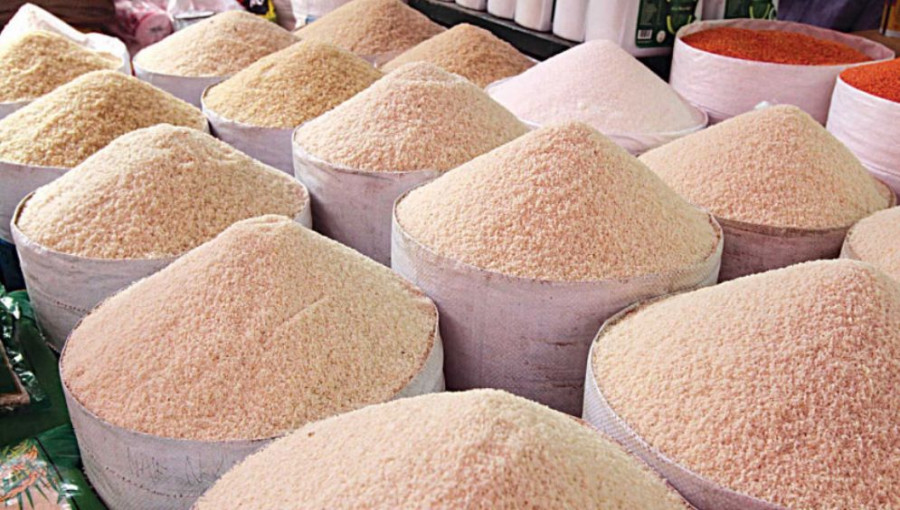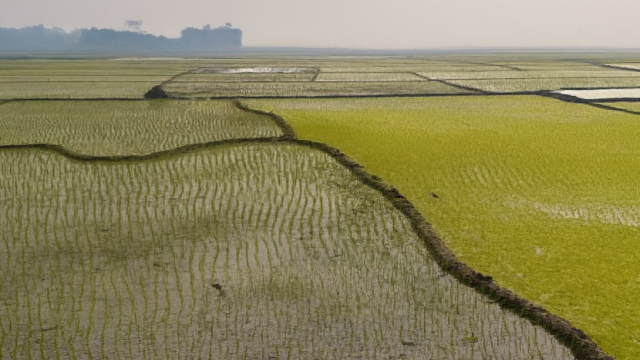Sylhet, Nov 03 (V7N) — The rice market in Sylhet has experienced significant instability this past week, with prices rising sharply across all types of rice. A 50 kg bag now costs Tk 200 to Tk 250 more than before, with traders citing a supply shortage caused by the country's ongoing unstable environment over the past month.
At Kalighat, Sylhet's largest wholesale market, Miniket Atap, Miniket boiled, Cumin boiled, Mala, and Kataribhog varieties have all seen increases in their prices. A week ago, a 50 kg bag of Miniket Atap was Tk 3100, Miniket boiled was Tk 2950, Cumin boiled was Tk 3300, Mala was Tk 2800, and Kataribhog was Tk 3340. This week, the prices have increased by Tk 190 to Tk 260 per bag. In retail markets, prices per kilogram have risen by Tk 4-5, putting significant pressure on low-income consumers.
Despite the government’s recent decision to remove import duties on rice, aimed at stabilizing the market, traders report no immediate relief. The National Board of Revenue (NBR) issued a notification to eliminate the duty on Thursday (October 31), a measure effective immediately, yet the anticipated impact on prices has yet to materialize.
Concerns over market manipulation are growing, with some merchants alleging that certain groups are stockpiling paddy and rice illegally. Additionally, some mill owners are reportedly withholding supplies purchased at lower rates, creating an artificial shortage and driving up prices further.
Shakil, a resident shopping for essentials, voiced his frustration: “It feels like no one has control over the market. Prices keep rising, and vendors are taking advantage of the situation.” The situation remains particularly burdensome for the poor, who already allocate a significant portion of their food expenditure to rice.
According to the Bangladesh Trade and Tariff Commission (BTTC), the surge in rice prices compounds the ongoing inflation in essential items like cooking oil, sugar, vegetables, and chicken. The Bangladesh Bureau of Statistics (BBS) estimates that the nation produces about 40 million tonnes of rice annually, with around 1.5 million tonnes being Aman rice. With the Aman crop expected to reach markets within the next three weeks, the government hopes this may eventually alleviate the current strain on rice prices.
END/SC/AJ

























Comment: